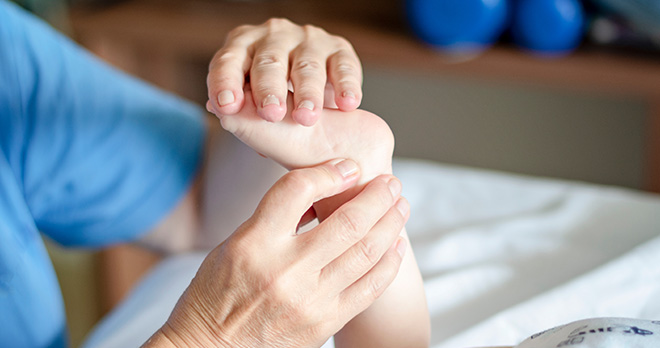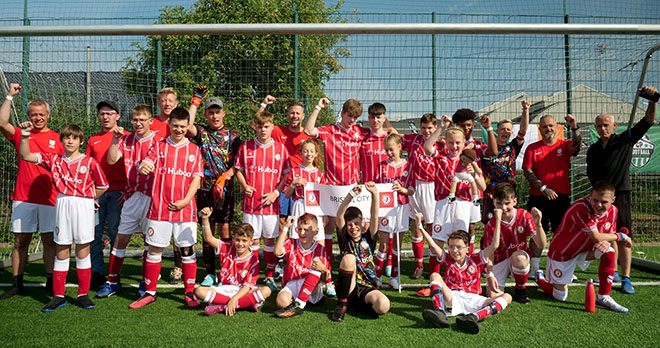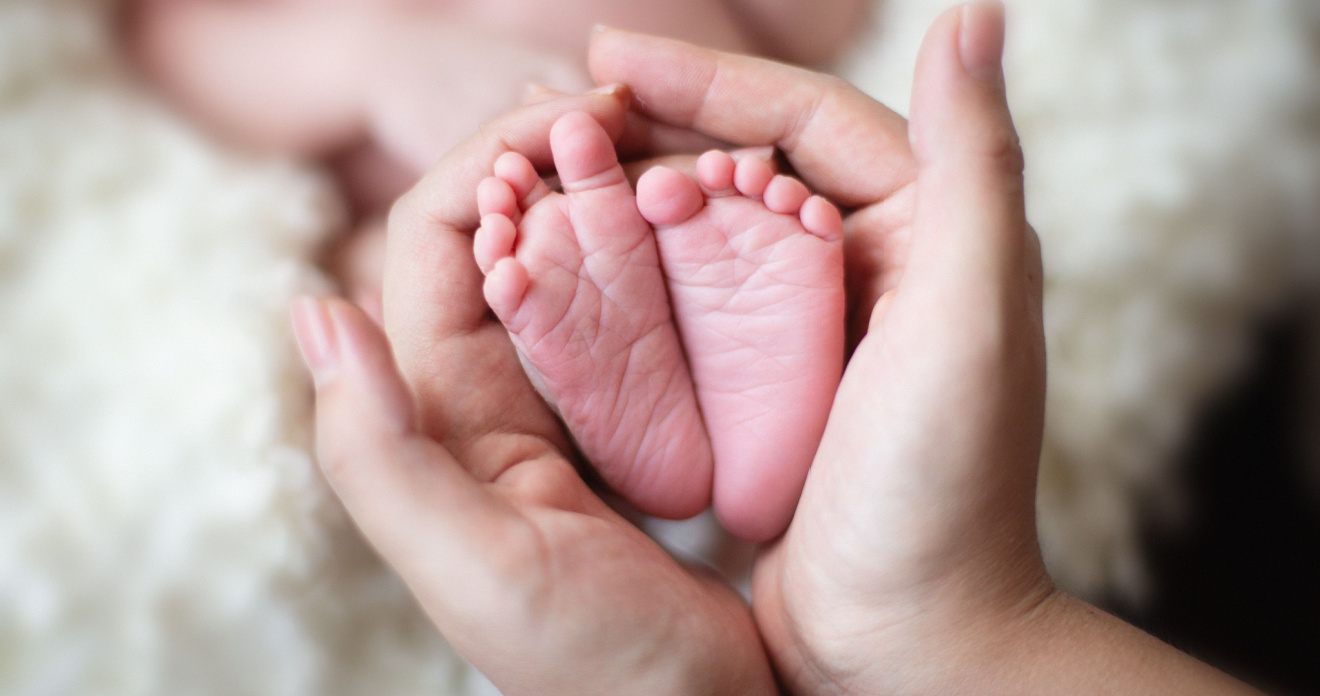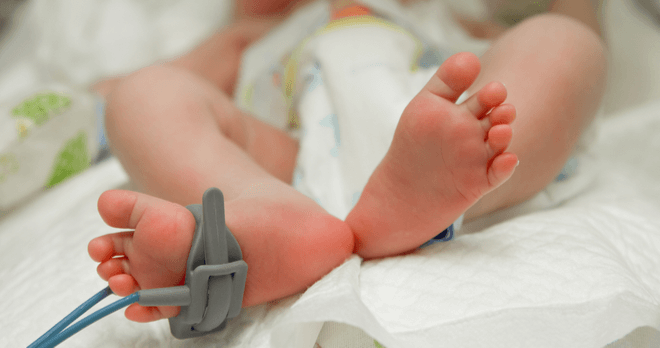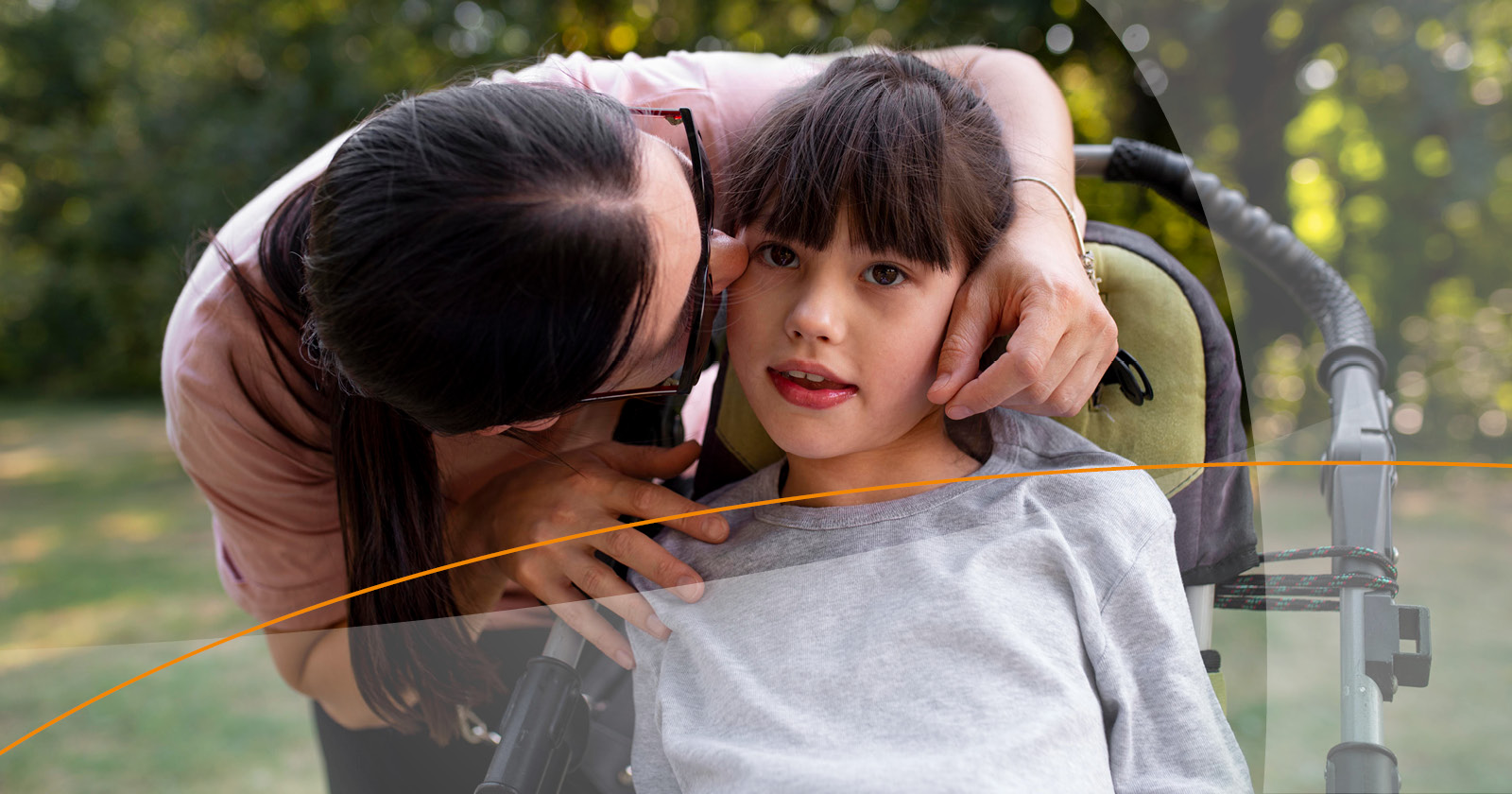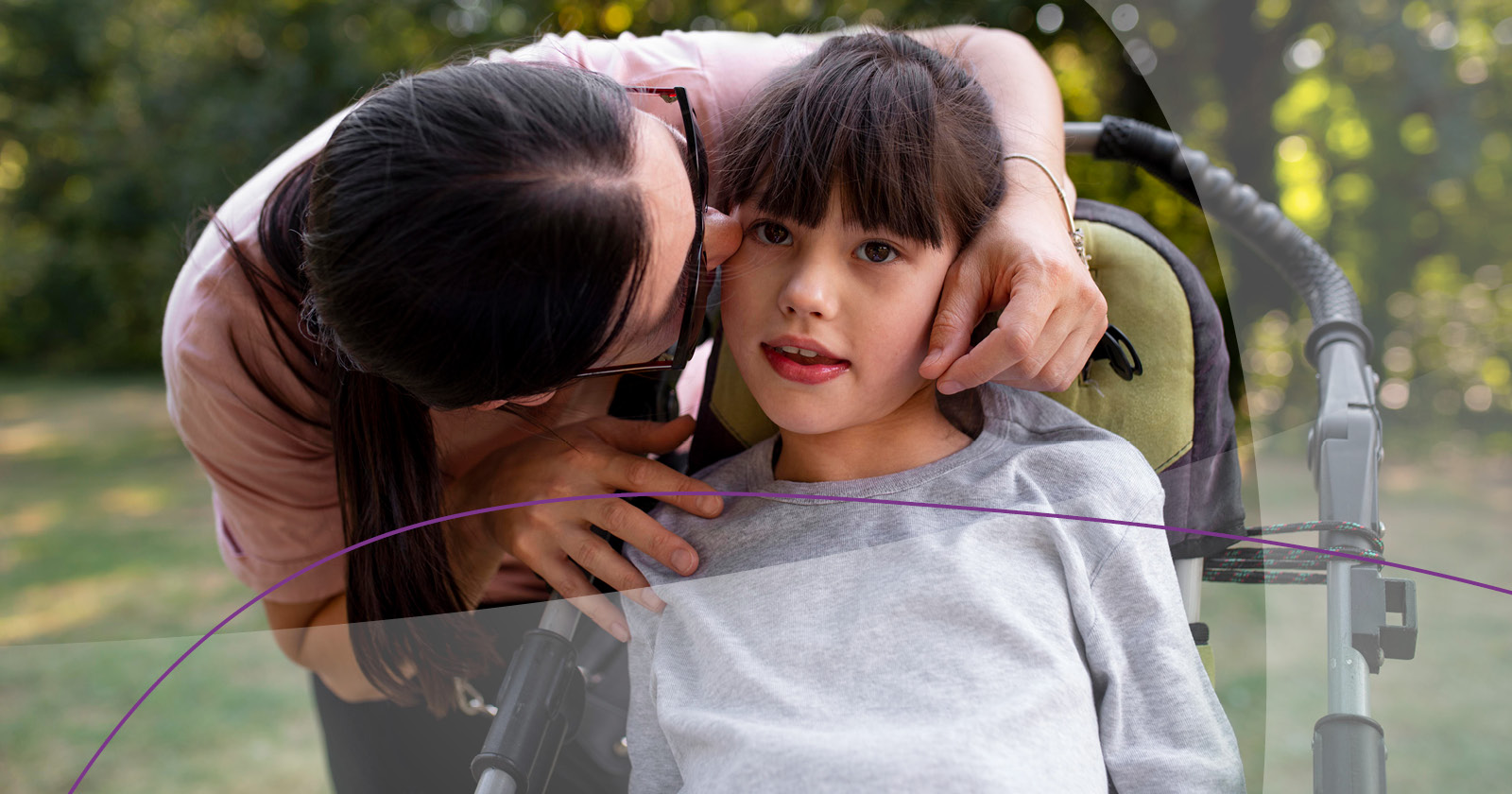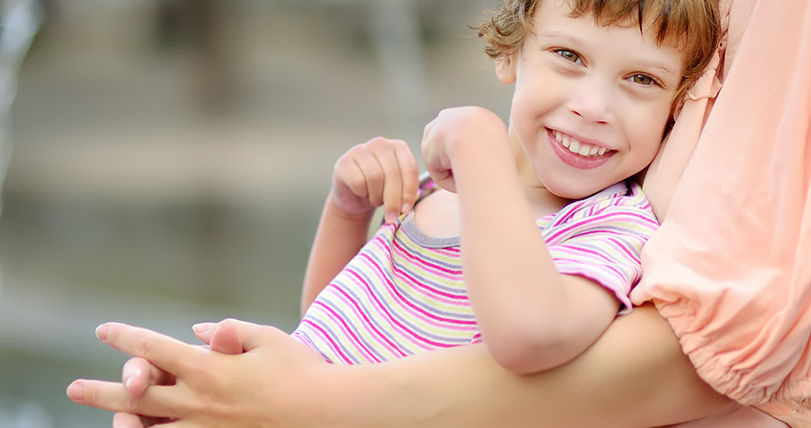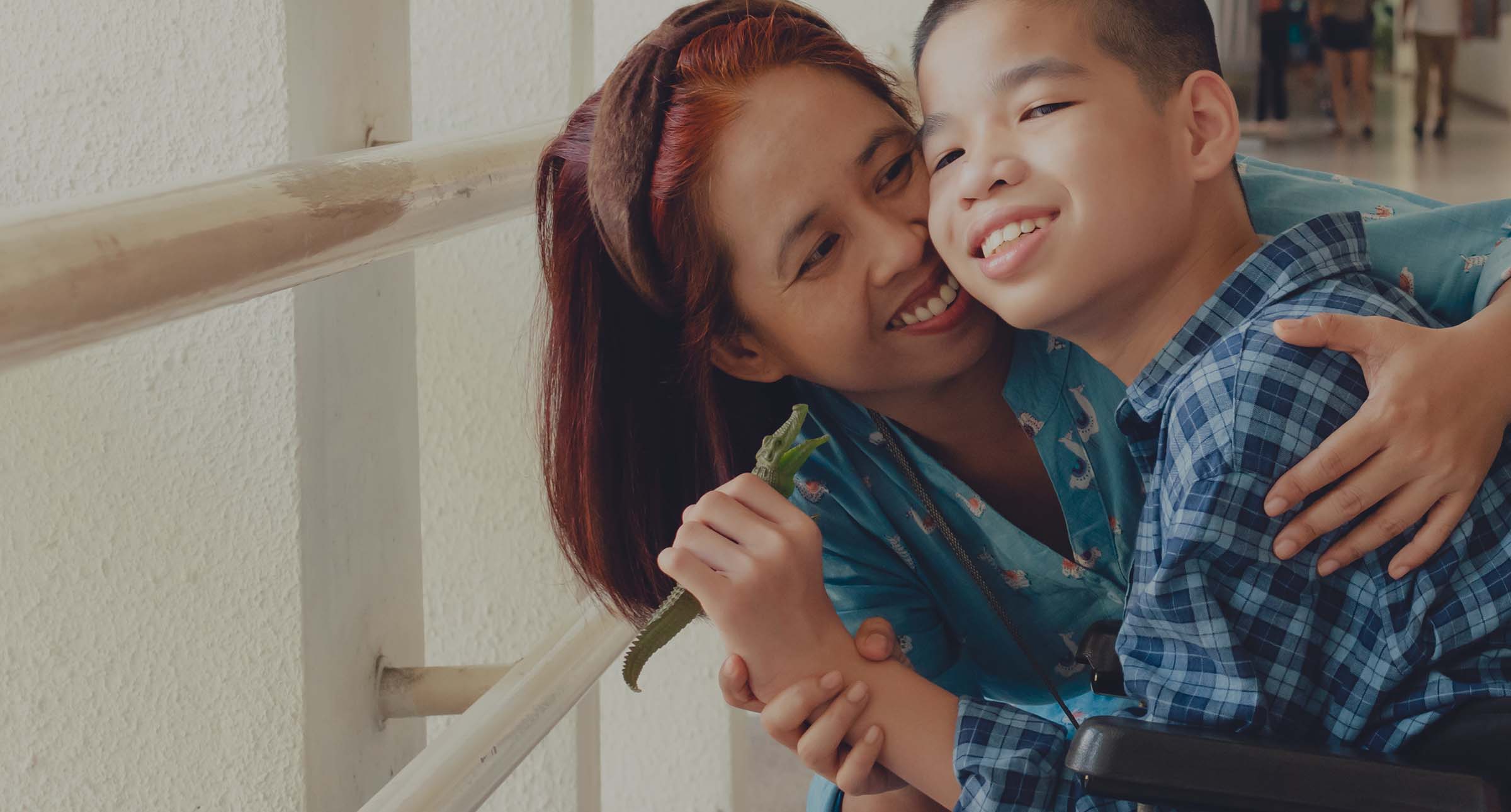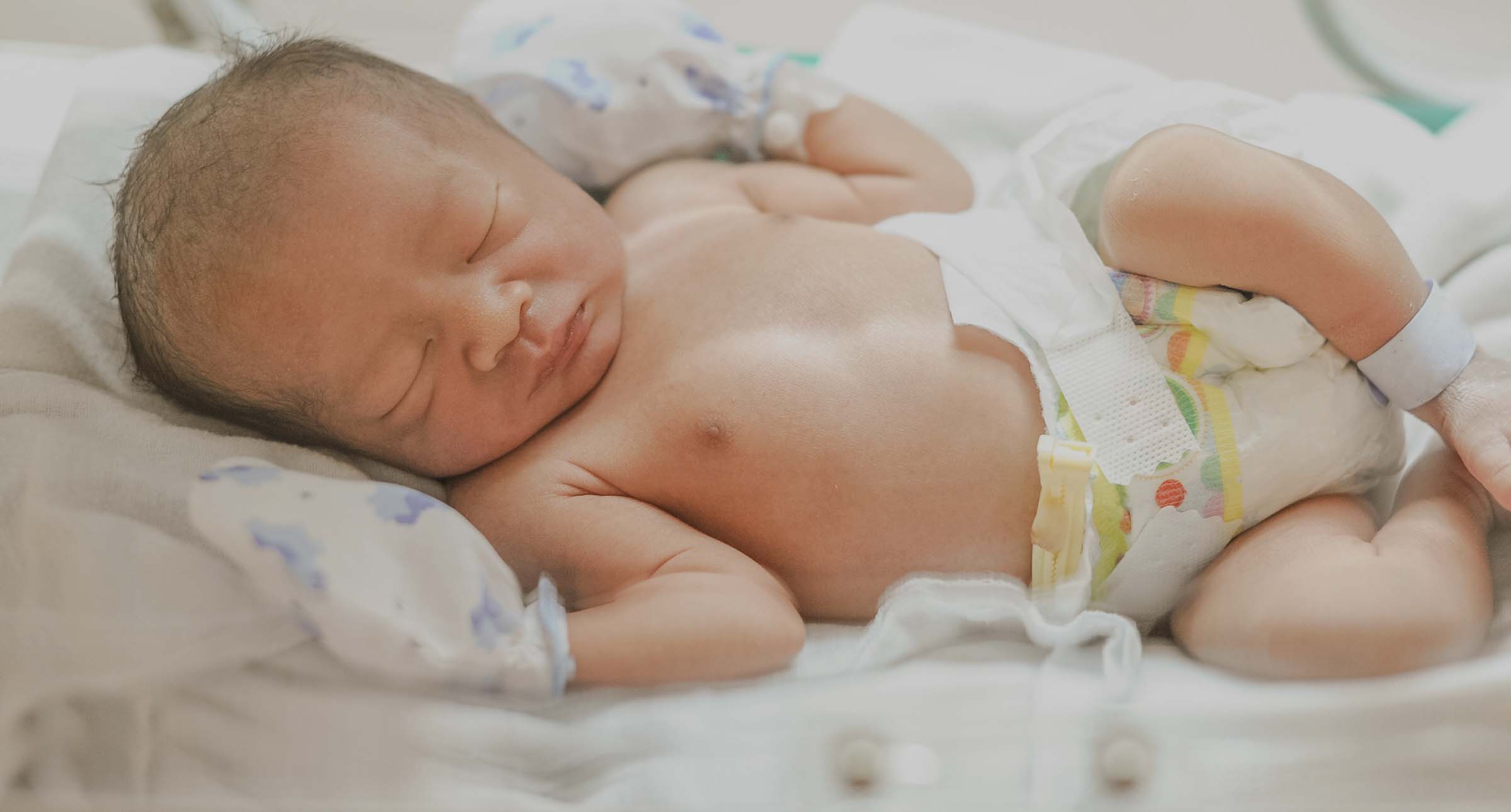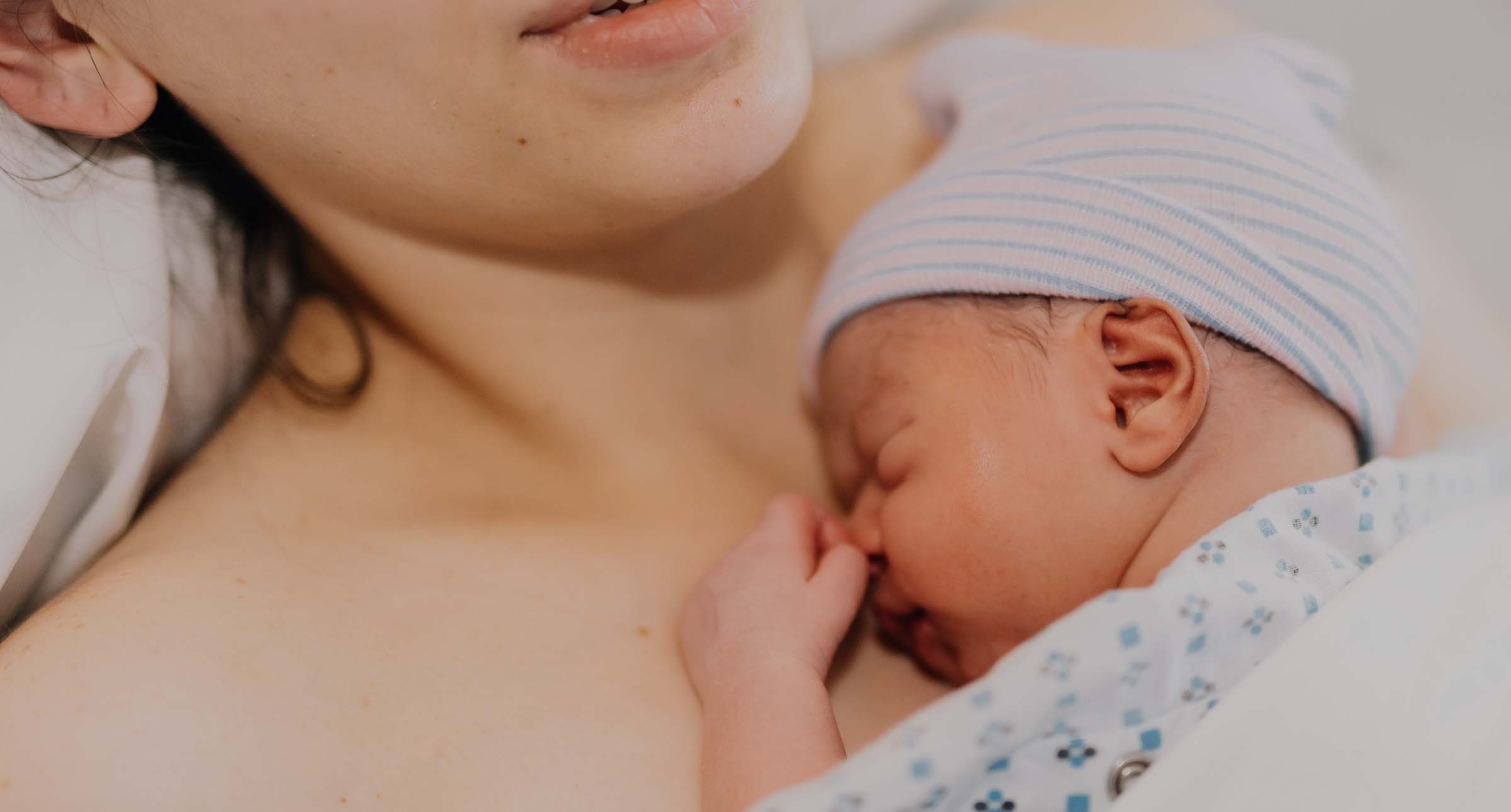Having a child with cerebral palsy – a personal perspective
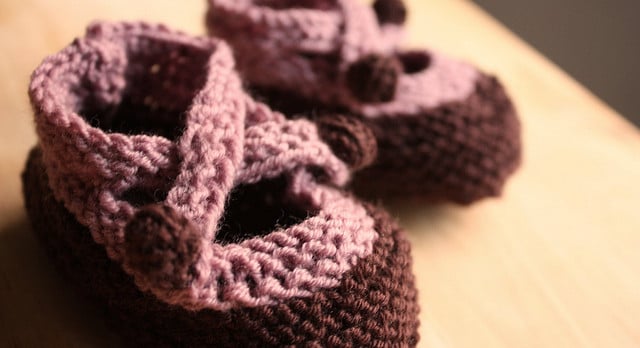
According to cerebralpalsy.org.uk it is estimated that 1 in 400 babies born in the UK have a type of cerebral palsy. The Office for National Statistics figures indicate that with a birth rate in England and Wales of around 700,000 per year there may be as many as 1,700 new cases of cerebral palsy each year.
How does cerebral palsy affect people?
Every person with cerebral palsy is different and the severity of the parts of the body affected, symptoms and the subsequent affect on quality of life varies considerably.
Symptoms can include:
- movement and development problems such as delays in reaching development milestones
- being too stiff or too floppy (hypotonia)
- having weak arms or leg
- being fidgety
- having jerky or clumsy movements
- having random, uncontrolled movements, muscle spasms, shaking hands (tremors)
- walking on tip-toes.
Other symptoms can include:
- issues with feeding
- drooling and swallowing difficulties
- constipation
- problems with speaking and communication
- seizures or fits (epilepsy)
- difficulty falling asleep and/or staying asleep
- gastro-oesophageal reflux disease (GORD) – where acid from the stomach leaks up into the oesophagus (gullet)
- an abnormally curved spine (scoliosis)
- hips that dislocate easily
- urinary incontinence
- a learning disability (about half of children with cerebral palsy have a learning disability)
- eye problems (including reduced vision, a squint or uncontrollable eye movements)
- hearing loss.
Despite the fact that cerebral palsy affects a considerable number of people there is a real lack of awareness of the condition and how a person suffering from it and their family’s quality of life is affected. We therefore wanted to share the story of Daisy’s family told by her parents.
Cerebral palsy from a parents perspective
“We are a family who have been directly affected by a birth injury. Our daughter Daisy was born in January 2002 and suffered severe and irreversible brain damage as a result of negligence. She has asymmetric dystonic/spastic cerebral palsy caused as a result of an acute hypoxia during her delivery. If our daughter had been delivered earlier she would not have suffered severe brain damage and would have had a normal outcome in life."
At RWK Goodman, we meet hundreds of parents who have experienced medical negligence in a similar way to the parents of Daisy. Many mothers who give birth to children with cerebral palsy report distress during birth and experience difficult labours.
A complicated labour
"During the labour with Daisy there were signs that she was in distress and her CTG trace was abnormal. In addition there was a note of narrow maternal pelvis and Daisy was noted to be a large baby presenting in a difficult position. Daisy’s mother had a temperature during the labour and this was not properly diagnosed and acted upon. In addition we were both begging the doctors for a caesarean section as we strongly felt that there was something wrong, but they ignored our pleas."
Unfortunately, doctors ignoring patients is a common occurrence in medical negligence claims. While in some cases, the resulting birth injury is mild, this was not the case for Daisy.
Brain injury resulting in cerebral palsy
"Due to our daughter’s brain injury she now suffers from cerebral palsy affecting all four of her limbs and she is unable to walk and is wheelchair dependent.
Daisy is severely limited in her activities of daily living and has severe dysarthria (difficult or unclear articulation of speech). Fortunately she is cognitively normal, although this does cause huge problems as she is extremely distressed by her physical disabilities and suffers profound psychological problems as a result. The whole process of our daughter’s birth and the aftermath has been traumatic, not only for Daisy but for our whole family."
Medical negligence affects whole families
Trauma is often cited by many parents we speak to when commenting on how medical negligence has affected their lives and this was the case for Daisy’s family. Furthermore, many parents have no idea that they can make a cerebral palsy compensation claim.
"As a family we have been extremely traumatised by Daisy’s injury and our quality of life has been severely affected. At times we have really wanted to vent our anger and frustration.
The emotions involved for the family of a child with cerebral palsy are great. At birth you have lost all control and subsequent to the negligence you are the only one left dealing with the outcome whilst the doctors get on with their working lives. They are not the ones that have to get up every day to deal with a brain damaged child who is crying and sobbing with distress at their injuries. They are not the ones dealing with an incontinent child not only in childhood but through adolescence. They are not the ones dealing with the child that does not sleep whilst on top of that trying to maintain a normal family life, run a home and keep down jobs."
Assistance for children with cerebral palsy
"We have needed a lot of assistance and immediately recruited a case manager and a carer to help us with our child’s needs. Daisy has needed intensive physiotherapy and hydrotherapy and we needed to purchase a car so that we could transport her in her wheelchair.
Quite often children with cerebral palsy have severe sleep problems and therefore parents are suffering from huge sleep deprivation."
There are often a lot of additional needs required for children with cerebral palsy, and many parents have no idea where to start when looking for support for children who suffer brain injuries at birth.
"We put off having a second child as Daisy was in a wheelchair and I could not figure out how we could push a wheelchair and a pram at the same time. It took us a long time to be brave enough to have a second child, five years. I would not have wanted such an age gap if it hadn’t been for Daisy’s injuries.
We needed huge amounts of help once we had a second child. I couldn’t get anything done as I was pushing a child in a wheelchair and carrying my second around on my hip, that was one of the toughest times for us as you just couldn’t even get groceries without it being a total mission."
The reality of caring for a disabled child
I feel railroaded by Daisy’s disability and suffocated by what comes with looking after a disabled child. It’s a ball and chain and I feel like I am forced into a life that I did not choose and the freedom to live my life as we all once wanted as a family has been robbed. Walks, beaches, hikes, swimming, horse-riding, where we eat, where we travel, what we do recreationally all has to include Daisy so she can participate and a wheelchair can come. This narrows things down dramatically to a mundane, boring, restricted existence I can assure you, but we love her and her suffering is so heart wrenching that she deserves to be part of a family and we are all in it together, but it’s not what I choose, it’s what I’m bound as a mother to do. The right thing.”
How we can help
RWK Goodman have extensive experience of bringing birth injury claims and are very in tune with the affect that having a child with a brain injury has on the whole family.
If you have a child living with cerebral palsy, and think you have a claim for compensation, contact our enquiries team to see if we can help you.
Call now
